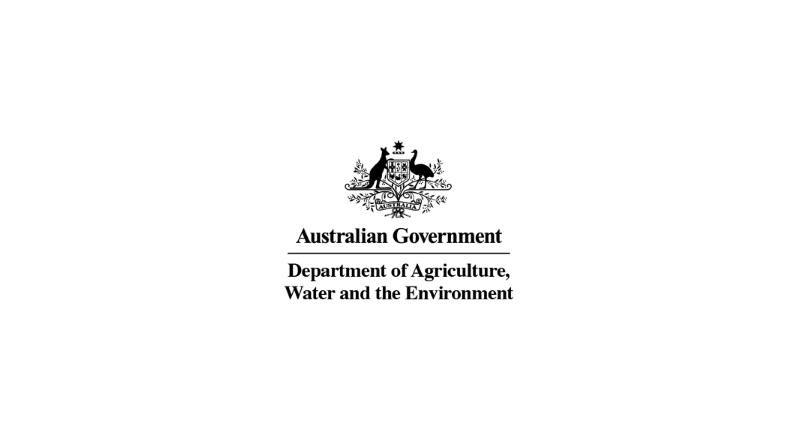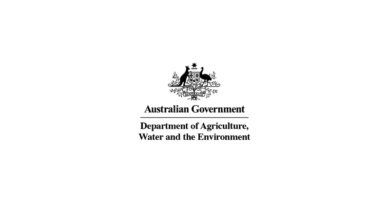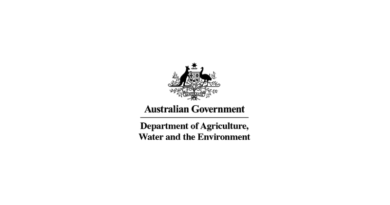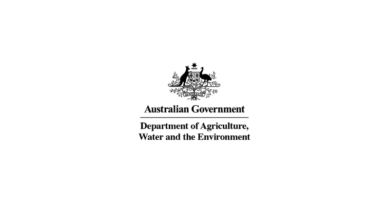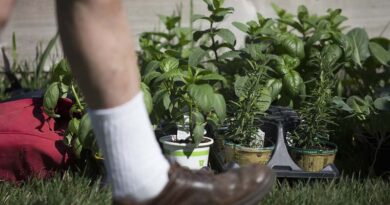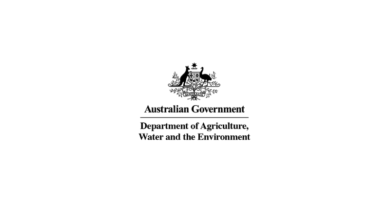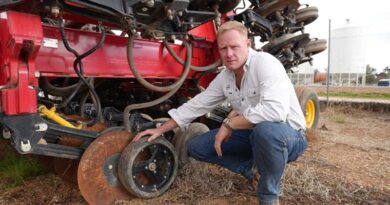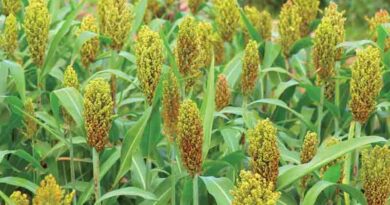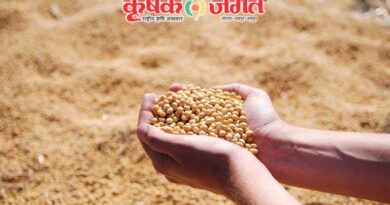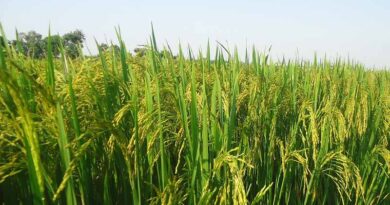Deadly viruses detected in seeds from overseas: Australia
05 August 2021, AU: A range of vegetable and fruit viruses have been detected in seeds from overseas, demonstrating the significant biosecurity risks that illegal seed imports can pose.
Australian Chief Plant Protection Officer, Dr Gabrielle Vivian-Smith, said a variety of seeds were imported for testing and research purposes and the majority carried viruses of concern.
“Seeds are the most intercepted biosecurity risk item through the mail,” Dr Vivian-Smith said.
“Last year over 55 thousand intercepted mail articles contained seeds, equating to 72 per cent of the total interceptions for the period.
“We knew that seeds could carry a range of biosecurity risks, but through this testing we now know the reality of the risks that we were potentially facing.
“Cucumber, melon and zucchini seeds that were ordered online from overseas were tested for selected viruses that are a biosecurity and agronomic concern.
Also Read: Sugar sale price should be over ₹37.50/kg: NFCSF
“The viruses that were detected in the seeds include Melon necrotic spot virus, cucumber green mottle mosaic virus, Squash mosaic virus and potyviruses.
“One or more of the target viruses were detected in 23 of the 31 seed lots that were tested.
“These viruses are a significant risk to Australia’s vegetable and fruit industries, as well as backyard gardens, our environment, overall plant health.
“If these seeds were bought by members of the public and planted, it could have led to some devastating results.
“Some seeds cannot be imported to Australia, as the risk of introducing unwanted plant diseases and serious weed species is too high. Others can, provided you meet strict import conditions.
“Our work at the border helps manage the risk of illegal seed imports, but everyone has a role to play in following our conditions.”
To better manage biosecurity risks, last year Australia banned imports of cucumber, melon and zucchini seeds, as well as seeds of other high-risk commodities, through international mail and other pathways.
On-arrival in Australia, biosecurity officers check that imported seeds are free from biosecurity risk material and meet all import conditions. Seeds that do not meet the import conditions may require testing or treatment.
If the biosecurity risk cannot be successfully treated, the seeds will be exported or disposed at the importer’s expense.
Illegal imports of seeds can be subject to enforcement action by the department. There are significant penalties if you are found to have breached Australia’s biosecurity conditions. This can include fines and potential prosecution.
For more information on the biosecurity conditions for seed imports, visit biosecurity.gov.au/individual/online-shopper
Learn more about the testing of seeds from overseas in the Viruses in the cucurbit seeds from on line mail order providers publication.

